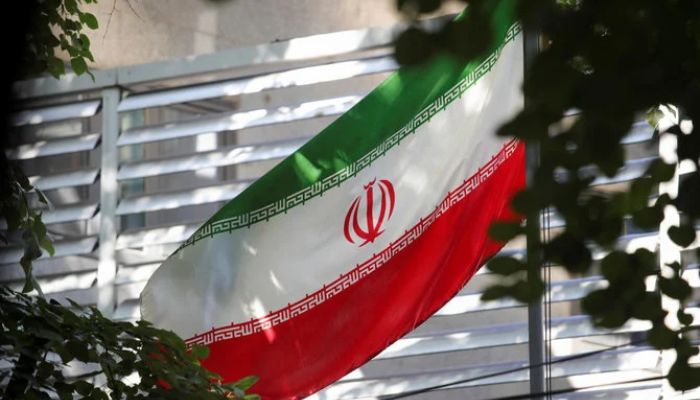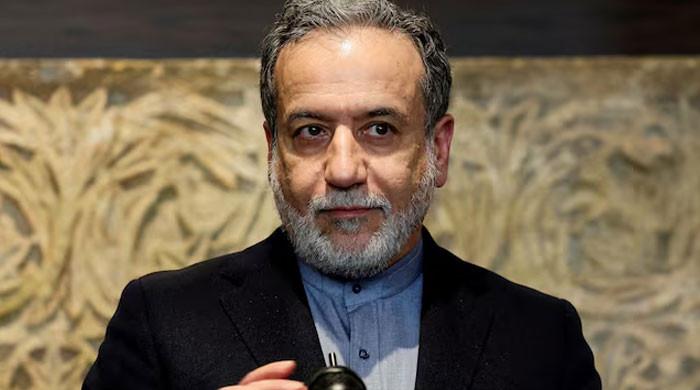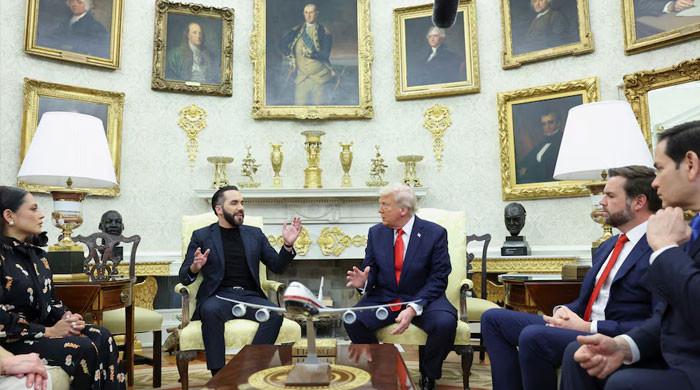Iran strongly condemns US sanctions over Albania hacking
Albania severed diplomatic ties with Iran accusing it of cyberattack that sought but failed, to access data and govt communications systems
September 10, 2022

- Albania severed diplomatic ties with Iran accusing it of cyberattack.
- As a result, US slapped sanctions on Iran’s intelligence ministry.
- Iran’s foreign ministry spokesman accused US of “giving full support to a terrorist sect" in Albania.
TEHRAN: Iran on Saturday strongly condemned a US decision to impose sanctions on its intelligence ministry, blamed for a major cyberattack on NATO ally Albania.
Albania severed diplomatic ties with Iran on Wednesday after accusing it of the July 15 cyberattack that sought, but failed, to paralyze public services and access data and government communications systems.
In response on Friday, the United States slapped sanctions on Iran’s intelligence ministry and its minister Esmail Khatib, saying the attack “disregards norms of responsible peacetime state behaviour in cyberspace.”
On Saturday, Iran’s foreign ministry spokesman Nasser Kanani said: “The ministry of foreign affairs strongly condemns the action of the US treasury department in repeatedly sanctioning the ministry of intelligence of the Islamic republic.
“America’s immediate support for the false accusation of the Albanian government... shows that the designer of this scenario is not the latter, but the American government,” he added in a statement.
Kanani accused the US of “giving full support to a terrorist sect,” referring to the opposition People’s Mujahedeen of Iran, or Mujahedeen-e-Khalq (MEK), members of which are hosted by Albania.
Albania agreed in 2013 to take in members of the MEK from Iraq at the request of Washington and the United Nations, with thousands settling in the Balkan country over the years.
“This criminal organisation continues to play a role as one of America’s tools in perpetrating terrorist acts, cyberattacks” against Iran, the statement added.
The MEK backed Ayatollah Ruhollah Khomeini in the 1979 revolution that ousted the shah but rapidly fell out with the new authorities and embarked on a campaign to overthrow the regime.
The MEK then sided with Iraq under Saddam Hussein in the 1980-1988 Iran-Iraq war.











